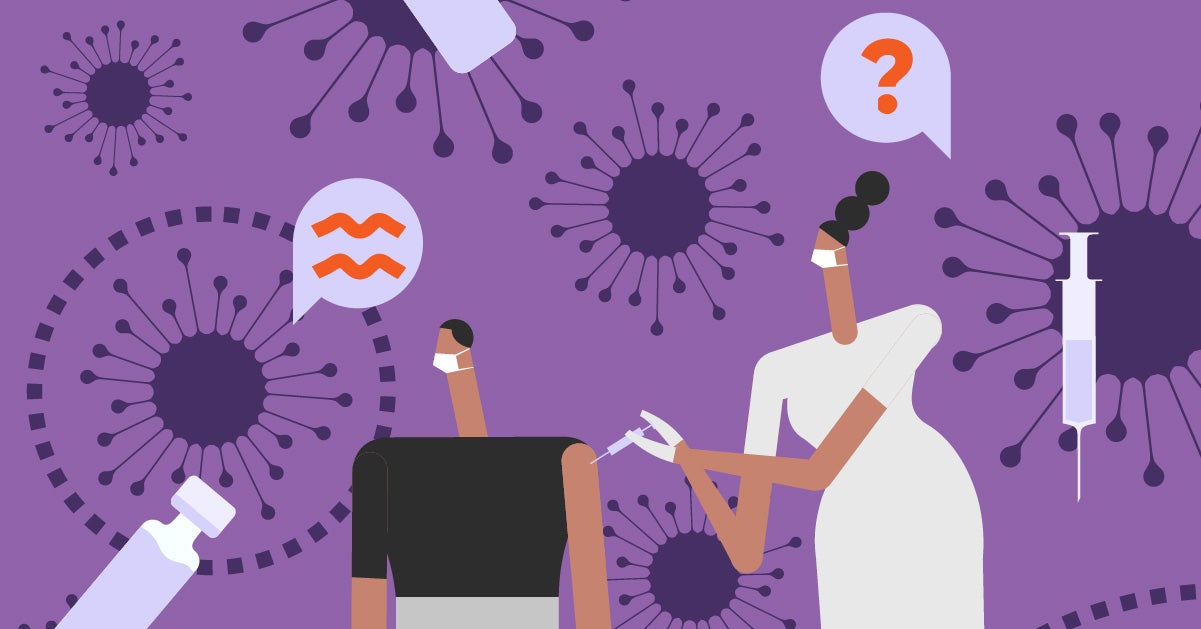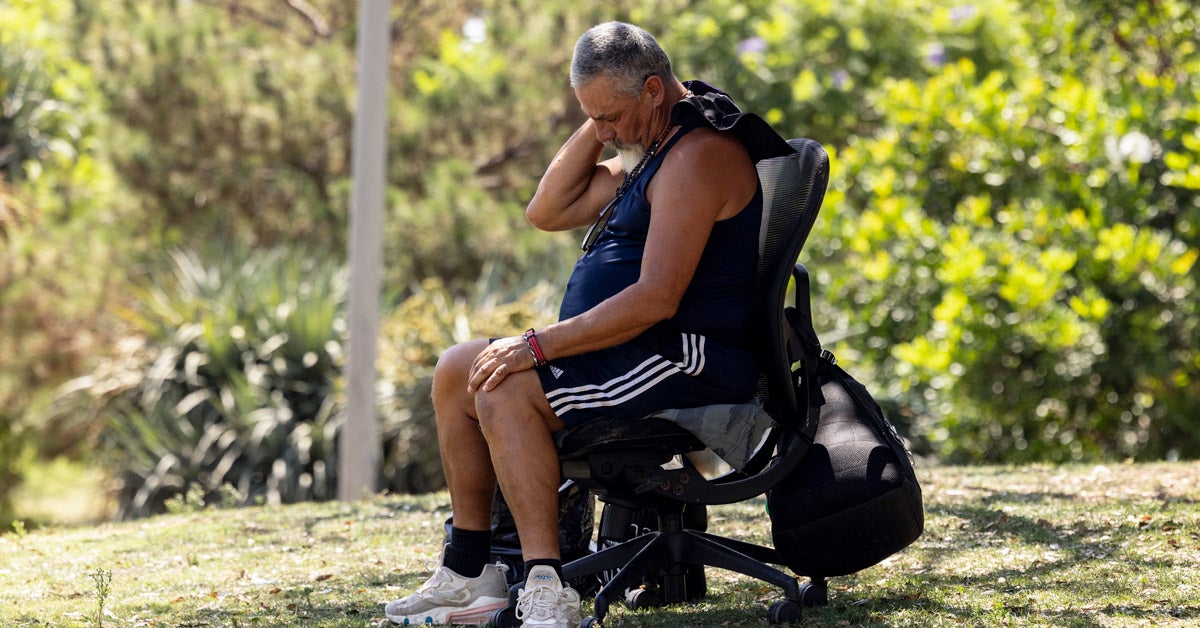Newsletter
HPH Weekly: Could worker cooperatives be a fix for the home care worker shortage?
This edition of Harvard Public Health Weekly was sent to our subscribers on October 17, 2024. If you don’t already receive the newsletter, subscribe here. To see more past newsletters, visit our archives.

Could worker cooperatives be a fix for the home care worker shortage?
Anyone who has been, or has known, a home care worker knows how thankless the job can be. The tasks are often difficult, the hours long—and with low pay, many people in these jobs find themselves among the working poor. It’s no wonder, then, that the U.S. faces an extraordinary labor shortage in this field. Liz Seeger explores how worker cooperatives could help.

Poor diets are killing us. Better spending on nutrition research can help.
The American diet leaves a lot to be desired, writes Aman Majmudar. Unfortunately, a lack of funding for nutrition research means we lack the data and analysis to drive a full understanding of exactly how much our poor diets are hurting us—and what solutions could be used to turn our health around. A new funding model for that research is the answer, he argues.

Post-pandemic paranoia
Data shows older men in the U.S. are less likely to have social networks or ask for help. It also shows they’re more vulnerable to heat-related deaths. Could these ideas be connected? The 19th‘s Jessica Kutz talks to experts in sociology and population science to find out.

Social isolation could be a factor in why more older men are dying from extreme heat
Data shows older men in the U.S. are less likely to have social networks or ask for help. It also shows they’re more vulnerable to heat-related deaths. Could these ideas be connected? The 19th‘s Jessica Kutz talks to experts in sociology and population science to find out.
Snapshot: Do Black women get C-sections more often than White women? It’s complicated.
Research shows that Black women get C-sections at a higher rate than White women. A new study found that’s true for some Black patients—but others, those with high-risk pregnancies, are actually less likely to get cesareans than White patients.
What we’re reading this week
The end of smallpox was… the beginning for mpox →
NPR
Asbestos released by Israel’s bombs will kill for decades →
Al Jazeera
A boy’s bicycling death haunts a Black neighborhood. 35 years later, there’s still no sidewalk. →
KFF Health News
Transportation justice in Music City →
Global Health NOW
Want to boost your mood? This video game could help →
GamesIndustry.biz
There is still much research to be done on the effects of video gaming on mental health—and not all the results will be positive, to be sure! But just as the above article showed a positive impact on solo players’ moods, this story from central Ohio gives an anecdotal demonstration of gaming’s ability to connect people. Could that be a solution to the isolation older men are experiencing, as explored in this week’s republished article, from The 19th?
—Jo Zhou
